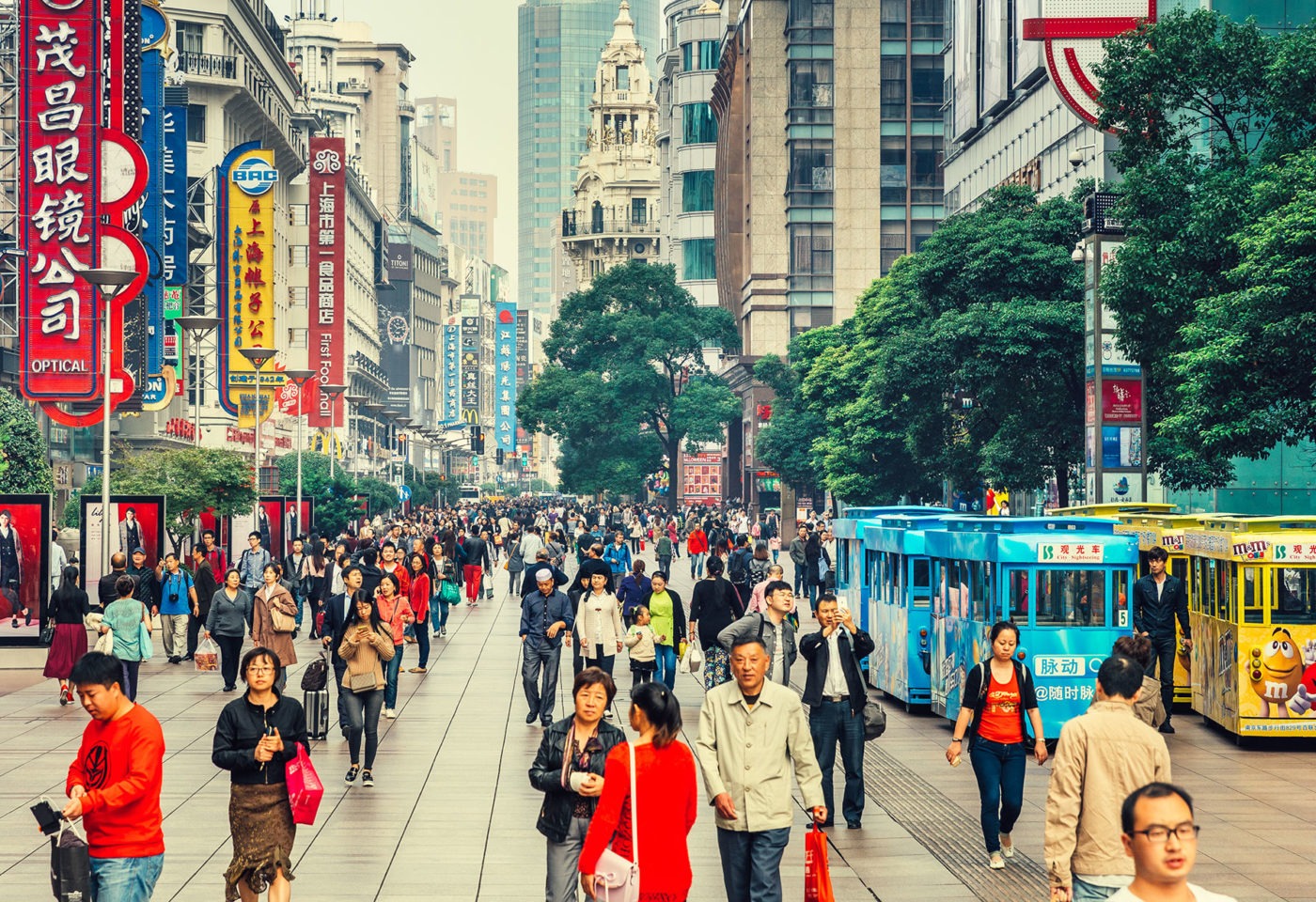In this edition: A grim one-year anniversary; Huawei moves more investment into Canada; and Canadian food exports to China rise.
A cheerless anniversary
December 1 marked the one-year anniversary of the arrest of Huawei executive Meng Wanzhou in Canada, which was soon followed by the arrests of Michael Spavor and Michael Kovrig in China. Canadian pundits and observers marked the occasion with a number of opinion pieces on how the Canada-China relationship has changed since then, and what the future holds.
• A Globe and Mail editorial argued that Canada needs to “exploit Beijing’s weaknesses” when responding to China, which would be the only way for Canada to actually move the dial on the relationship.
• Another Globe and Mail editorial argued that the silver lining of the last year’s experiences with China may finally enable the Canadian government to get over its “China delusions.”
• On CBC Radio’s The House, Susan Gregson said that this is the worst she’s seen the Canada-China relationship since she started observing it in 1976.
• In the Globe and Mail, David Mulroney argued that, although Canada did the right thing in arresting Meng Wanzhou, what is discouraging is our “persistent failure to learn from the painful experiences of a difficult year, despite the fact that we’ve spent that time uncharacteristically focused on China.”
• A Postmedia editorial took a more aggressive stance, and argued the new Chinese ambassador to Canada needs to “tone things down and correct your own mistakes” in regards to Meng Wanzhou and the arrested Michaels.
• In the Globe and Mail, Margaret McCuaig-Johnston wrote that there are ways for Canada to show China that it “means business,” such as using the Magnitsky Act against Chinese officials or withdrawing from the Asian Infrastructure Investment Bank.
• In Maclean’s, Amir Attaran argued that Canada is being bullied by China, and the way to stop that is to close Canadian airspace to Chinese cargo planes.
• In the Western Producer, Ed White wrote that there is still an optimism in the agriculture community “that something can work out both with China and in broadening Canada’s markets.”
• Finally, in the Washington Post, colleagues of Michael Kovrig’s, write about why he should be set free, and here is an update on how he is doing.
Huawei in Canada
• The CEO of Huawei, Ren Zhengfei (and father of Meng Wanzhou) has plans to relocate a Huawei research centre from the United States to Canada in order to cope with an increasingly hostile American government. There are currently 1,200 Huawei employees in Canada, up from 900 at the beginning of the year.
• In the National Post, Kelly McParland wonders how Canada can “even consider” dealing with Huawei and China anymore.
In other news
• In the Financial Times, there is a piece on China in 2050, and how it will impact the global economy.
• “Accessing China’s market may look less attractive if it means being shunned by an entire generation of consumers across the rest of the world.”
• Canada is still exporting a lot of agriculture products to China, with an uptick this year in wheat and peas.
• Two senators have announced they will table a motion in the Senate of Canada next week calling on the Liberal government to sanction Chinese officials using the Magnitsky Act. China’s ambassador to Canada responded by saying there will be “very firm countermeasures” if Parliament adopts this motion.
• One often overlooked measure of how powerful a country is the size of its diplomatic network (embassies, consulates, and permanent missions). China recently surpassed the United States with 276 diplomatic posts (the US has 273).
• The US-China trade war has been a boon for lobster harvesters in Atlantic Canada. Canada now has 85% of China’s lobster market, whereas last year it was splitting the market with the US.
• Canada’s Continental Gold has been purchased for $1.33 billion by Zijn Mining Group, one of China’s biggest gold mining firms.
• Canola farmers are getting used to living without China – which means “falling demand, rising inventories, and lower prices”
This is the last China Brief of 2019 – see you all in 2020!
– Sarah Pittman, policy analyst
The China Brief is a compilation of stories and links related to China and its relationship with Canada’s West. The opinions expressed in the links are those of the articles’ authors and don’t necessarily reflect the views of the Canada West Foundation and our affiliates.

